Have you ever checked the price of a grand piano online? If you have, chills might have gone down your spine. No kidding, a grand piano (to some extent, an upright too) is expensive.
Honestly speaking, most people cannot afford a piano because of its price. You have probably heard that a keyboard is a perfect substitute for a piano.
Is that really so? You have to go through the difference between piano and keyboard to understand the conflict better.
Once you get a clear idea about these two instruments, you can make a better decision while buying one for you or your child.
What is a Digital Piano?
Digital pianos are digitized versions of traditional (acoustic) pianos. These instruments usually come with 88 keys, like a standard piano.

You may find digital pianos in three types of arrangements:
Upright digital piano
Cabinet digital piano
Digital piano with keyboard stand If there's anything closest to an acoustic piano, then it is a digital piano. A digital piano is a perfect substitute for an acoustic piano, be it for the
If there's anything closest to an acoustic piano, then it is a digital piano.
A digital piano is a perfect substitute for an acoustic piano, be it for the looks, feel of the keys (specifically, weighted keys), touch, or sound. However, not all the digital pianos come with pedals.
1. What is a Keyboard?

The word generally signifies a much bigger spectrum. Any instrument that comes with a board of keys can be classified as a keyboard. Logically, both acoustic and digital pianos are keyboards.
But, when we're referring to the "keyboard" instrument (and not the category of instruments), these are quite similar to piano in appearance and sound.
Is a Keyboard similar to a Digital Piano?
NO, a keyboard is not similar to a digital piano. Here are the following reasons:
Keyboards are much lighter and portable than digital pianos.
Keyboards feature many sound effects and electronic progressions.
A keyboard usually comes with 61 - 78 keys instead of 88 keys of a standard acoustic piano.
Keyboards don't come with weighted keys, unlike a digital piano.
2. What's the Difference Between Piano and Keyboard?
Piano vs. Keyboard: What’s the Difference?
At first glance, a piano and a keyboard may look very similar—both have black and white keys arranged in the same pattern. But once you dive deeper, you’ll notice some striking differences that set them apart.
A piano is an acoustic instrument with real strings and hammers that create rich, resonant sounds when the keys are pressed. On the other hand, a keyboard is an electronic instrument that produces sound digitally and often comes with extra features like different instrument tones, rhythms, and recording options.
In short, while they may look alike on the surface, the playing experience, sound quality, and purpose of a piano and a keyboard are quite different.
Piano is an ancient instrument
Keyboards are modern While the first keyboard was manufactured in the 1960s, the first piano was made in the 1700s by Bartolomeo Cristofori.
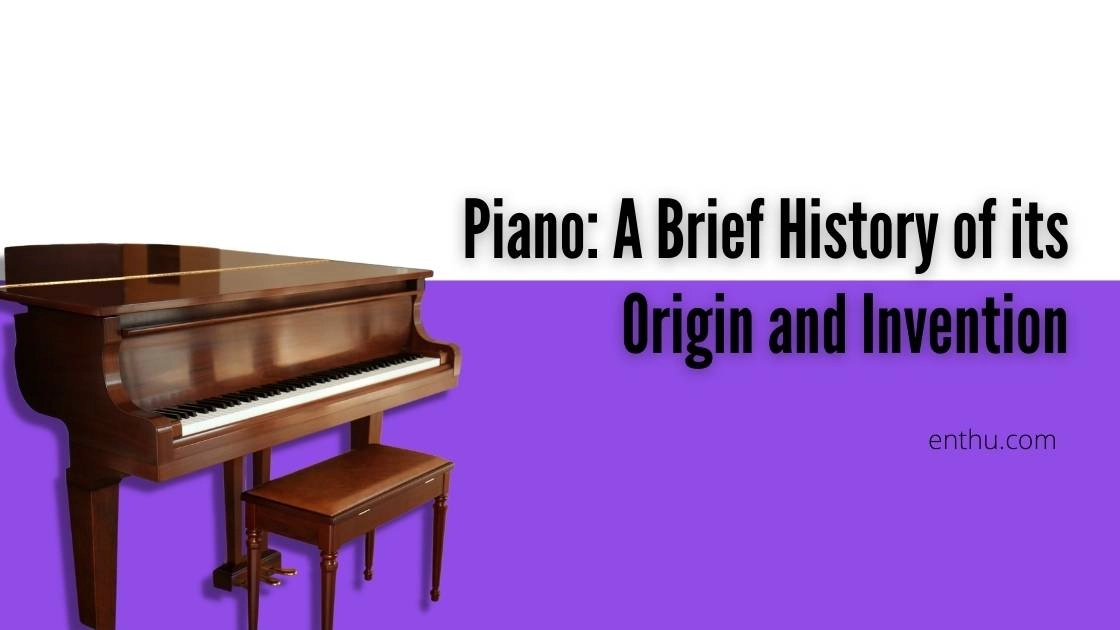
The Venetian piano-maker, Cristofori, replaced the plucking mechanism with a hammer to create the instrument called 'piano-forte', which was the first step towards making the modern-day pianos.
However, his invention had only 54 keys.


Neo-Bechstein; Image Courtesy: Wikimedia Commons
The proper development of modern keyboards started in the 1960s. Musical synthesizers were the direct predecessors of modern keyboards.
This is where multinational brands like Roland and Yamaha were the pioneers in developing the modern keyboard.
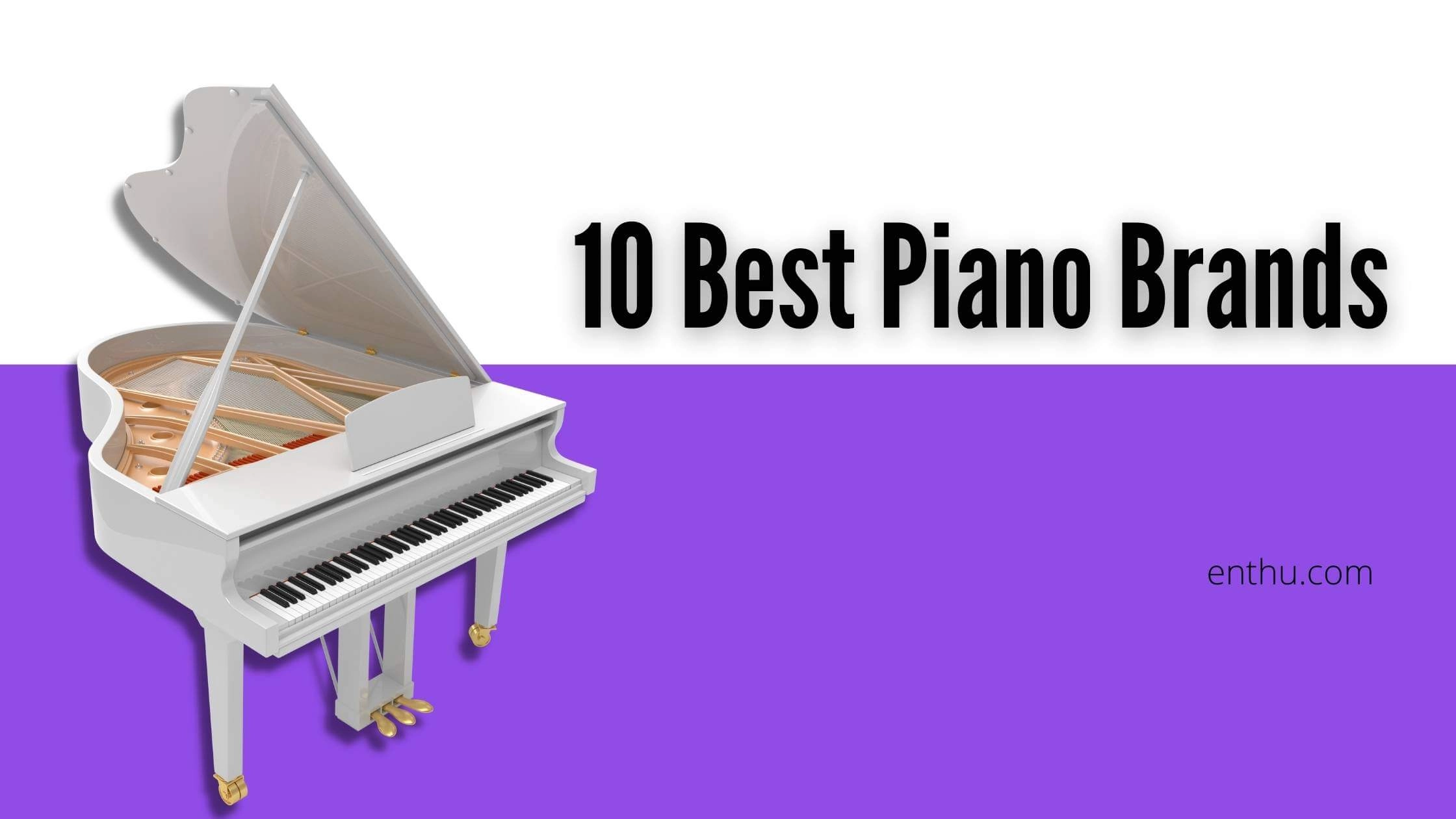
Pianos have Weighted Keys
Keyboards don't In terms of key arrangement, the piano and keyboard are quite identical.
So much so that you don't even have to think about your finger placement and movement on the keyboard if you are a pianist. However, there are a few major differences.
Pianos come with weighted keys, and keyboards don't.
Unlike keyboard keys, the weight of all the piano keys is the same irrespective of their brands.
Keyboard keys are slightly narrower than piano keys.

Standard Pianos have 88 keys
Keyboards don't If you're an aspiring pianist, I assume that you have already done your research. The numbers of keys on a piano and a keyboard is one of the main differences between piano and keyboard.
A standard piano uses 88 keys(7¼ octaves and 3 extra keys) regardless of the manufacturing brand. In fact, even the tiniest piano in the world has 88 keys.


Sure, there are: 49-key, 61-key, 78-key, 92-key, and 108-key. But, the standard has always been 88-keys piano.
Unlike pianos, keyboards do not necessarily come with 88-keys. The standard range in keyboards is either 61-keys or 78-keys.

A quick tip: If you're planning to learn piano on a keyboard, go for the model to play classical piano pieces and other popular songs.
Piano come with Pedals Keyboards don't

Besides weighted keys, pianos also have pedals to add to their merit. Piano pedals are extra features in piano which are operated with feet while playing the piano.

They are manufactured at the base of a piano, which is capable of changing the instrument's sound in various ways. Generally, modern-day pianos come with three pedals: the one from left to right, the soft pedal, and the sustaining pedal.
Keyboards don't have any "pedal" feature or weighted keys. These are reasons why people say pianos have more action than keyboards.
Keyboards are Affordable
Pianos aren't The price range of a decent 88-keys piano begins at $300 and goes till millions of dollars. In contrast, you will get a good-quality keyboard within $200-$300.

The point is: buying a piano is a gigantic financial decision, unlike buying a keyboard. And, the price range only increases with better piano brands.
Pianos produce better sound than
Keyboards As an acoustic instrument, piano produces better sound, which is further amplified manually with weighted keys and pedals. Therefore, the sound of a piano is deep, intense, and sounds more melodious than keyboards.
Contrastingly, keyboards generate sound in electronic format, processed through various plug-ins, auto tunes, and volume options. As a result, the sound appears less melodious or deep than piano music.
Also, some keyboards can only be played by plugging into a computer or amplifier. Keyboards might be able to generate sound like multiple instruments, but they can never match the sound quality of a well-tuned acoustic piano.
Keyboards are portable
Pianos aren't Pianos are one of the biggest instruments in the world. If you have ever seen a piano in real life, you can understand that moving a piano from one place to another is a very hectic job. In fact, you will need professional help to move them from one place to another.
In contrast, keyboards are easily portable due to their smaller size. You can place it anywhere in your home and take it with you wherever you go. Keyboards are the perfect choice for street musicians who regularly perform in different places.
Feature | Piano | Keyboard |
Origin | Early 1700s | 1929 |
Keys action | Weighted keys | Non-weighted keys |
Number of keys | Standard 88 | varies from 25 to 72 |
Portability | Difficult; requires professional help | Easily portable |
Sound | Acoustic | Electronic |
Price | Expensive | Affordable Deciding to play an instrument is not hard, but |
Deciding to play an instrument is not hard, but buying one is definitely hard, especially when buying a hybrid instrument (string & percussion) such as a piano.
4. Which one Should you Buy
Piano or Keyboard?
Having said that, it is also not easy to buy digital musical instruments. After all, these instruments are not only new but also totally different from the traditional ones.
Ask yourself these things before deciding which instrument to buy:
What music will you play?
How much are you going to move with the instrument?
Do you care about touch and feel?
What is your budget?
What is the goal? Will you play for your own pleasure, or do you want to become a professional musician?
Price Let's talk about the pricing first
I know you have already checked the prices of pianos online. You are well aware that piano prices can even reach even the sky, so how will you afford one? Many beginners or intermediate pianists buy second-hand pianos at much lower prices.
Although, buying an old piano is not an easy job. So, I would suggest you read piano buying guides and ask your piano teacher to help you buy one. On the other hand, keyboards or digital pianos are affordable in terms of their acoustic counterparts.
Also, buying a keyboard is not as hard as buying a good piano. Many beginners start by playing keyboards and shift to acoustic pianos when they become somewhat experts.
Portability
Anyone who has seen a piano must admit that pianos are huge. Be it an upright or a grand, moving a traditional piano from one place to another is very hectic. Also, you will need professional help while doing so.
In contrast, keyboards are lightweight and portable. You can take them literally anywhere. So, if you are planning to move around with your instrument, a keyboard will be your most suitable choice.
Touch and Feel
If you have ever played the piano, you must know the touch and feel of the keys. Pianos come with weighted keys, but keyboards usually don't.
So, if you want the weighted feeling, you should go for a piano. If budget is a constraint, then I would suggest you buy a keyboard with weighted keys.
Goal
Finally, let's talk about your goals and ambitions. Do you want to become a professional pianist or just play for your own satisfaction? Buying an insanely expensive instrument for your hobby sounds ridiculous.
As keyboards give off the same sound as a piano, you should go for a keyboard or digital piano. Moreover, if you want to become a professional musician like Hans Zimmer, then start your musical journey with a grand piano.

Conclusion
Congratulations on your journey of learning music. It doesn't really matter whether you have a piano or a keyboard; your enthusiasm to learn the instrument pushes you further.
So, now that you know which instrument to buy according to your budget and need go buy one and start taking lessons from tomorrow.
If you are looking for an online piano learning platform, check out EnthuZiastic piano lessons. Lastly, I would say that practice makes all the difference.
Sit tight and practice hard, and you will be play all of these instruments with ease. Better luck with your musical journey ahead!
FAQs
1) What are the benefits of playing the piano?
Playing the piano (or any other musical instrument) has numerous benefits. It makes a child smarter than the rest of the kids who don't improve memory, hand-dexterity, and mathematical skills. Also, pianists can handle their emotions better.
2) Which one is better: piano or keyboard?
It is totally subjective. A piano is always a better option if you are interested in the instrument. But, a keyboard is affordable and also portable. So, buying a keyboard as a beginner is a wise choice.


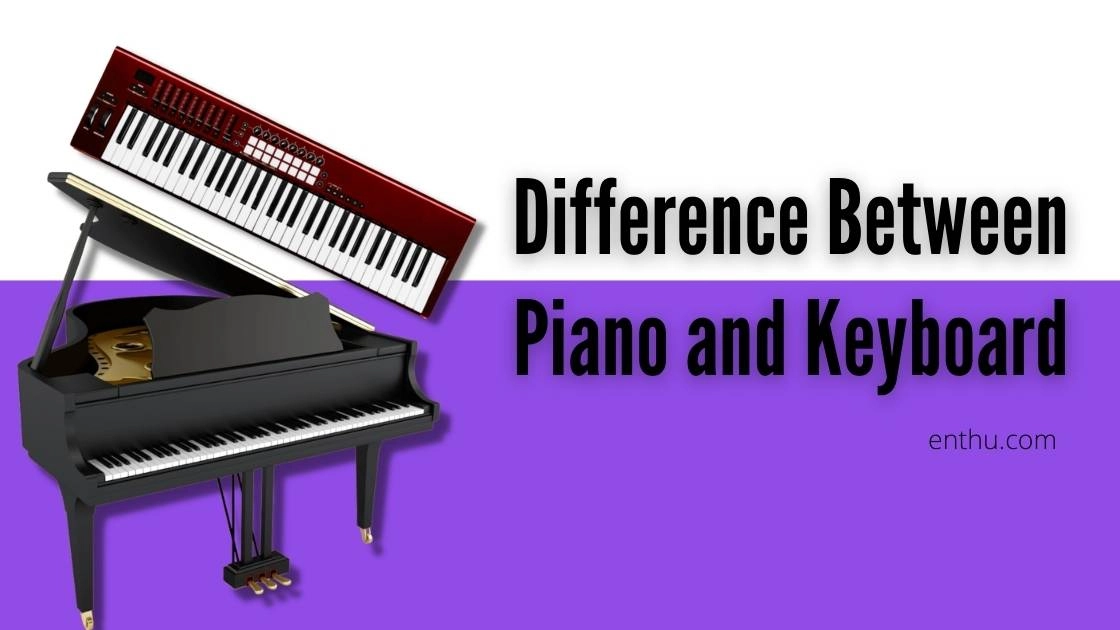
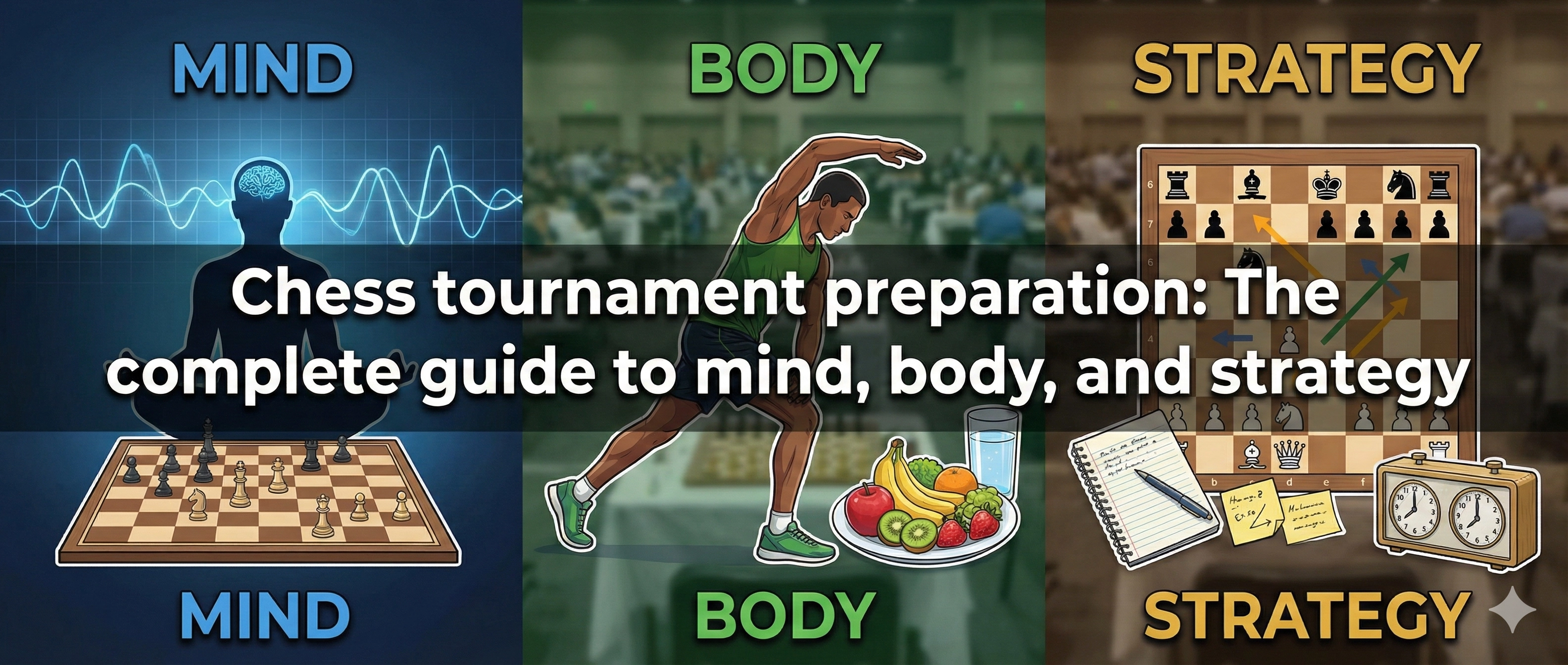
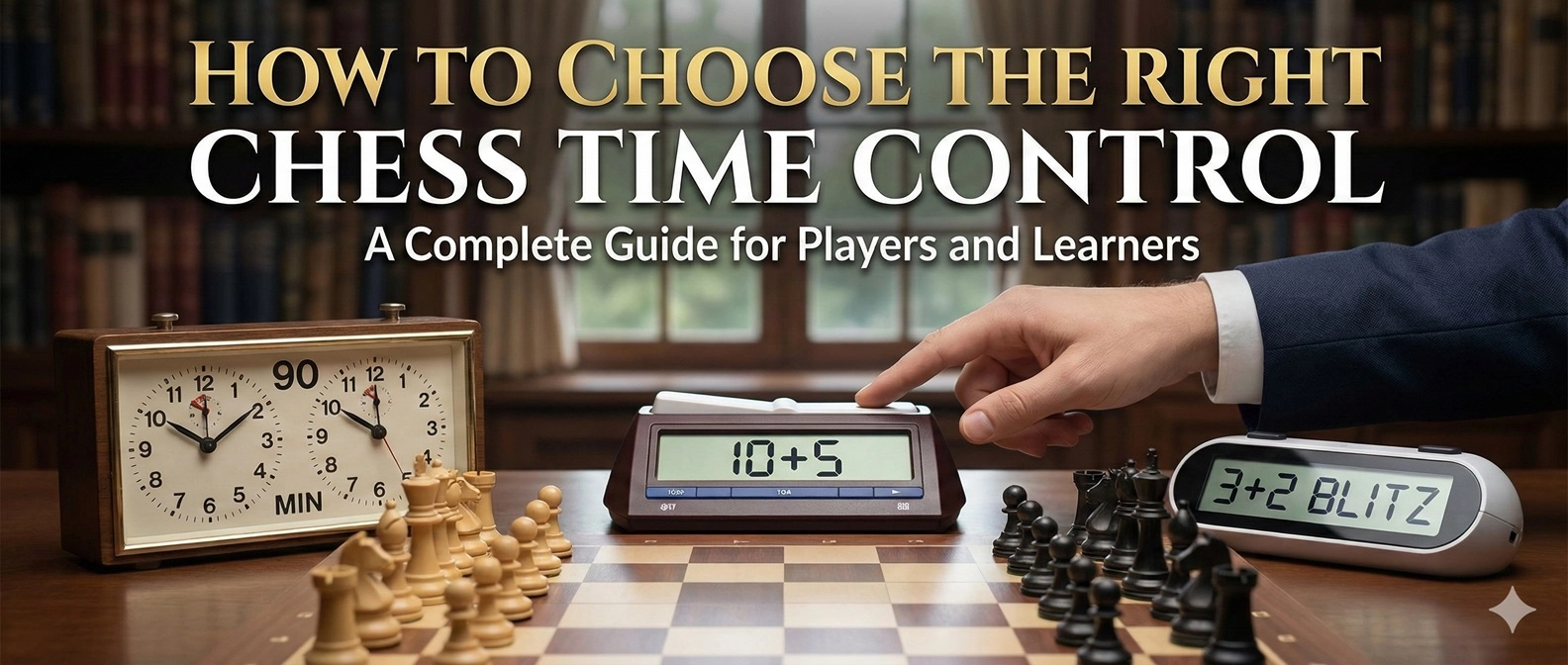

Comments